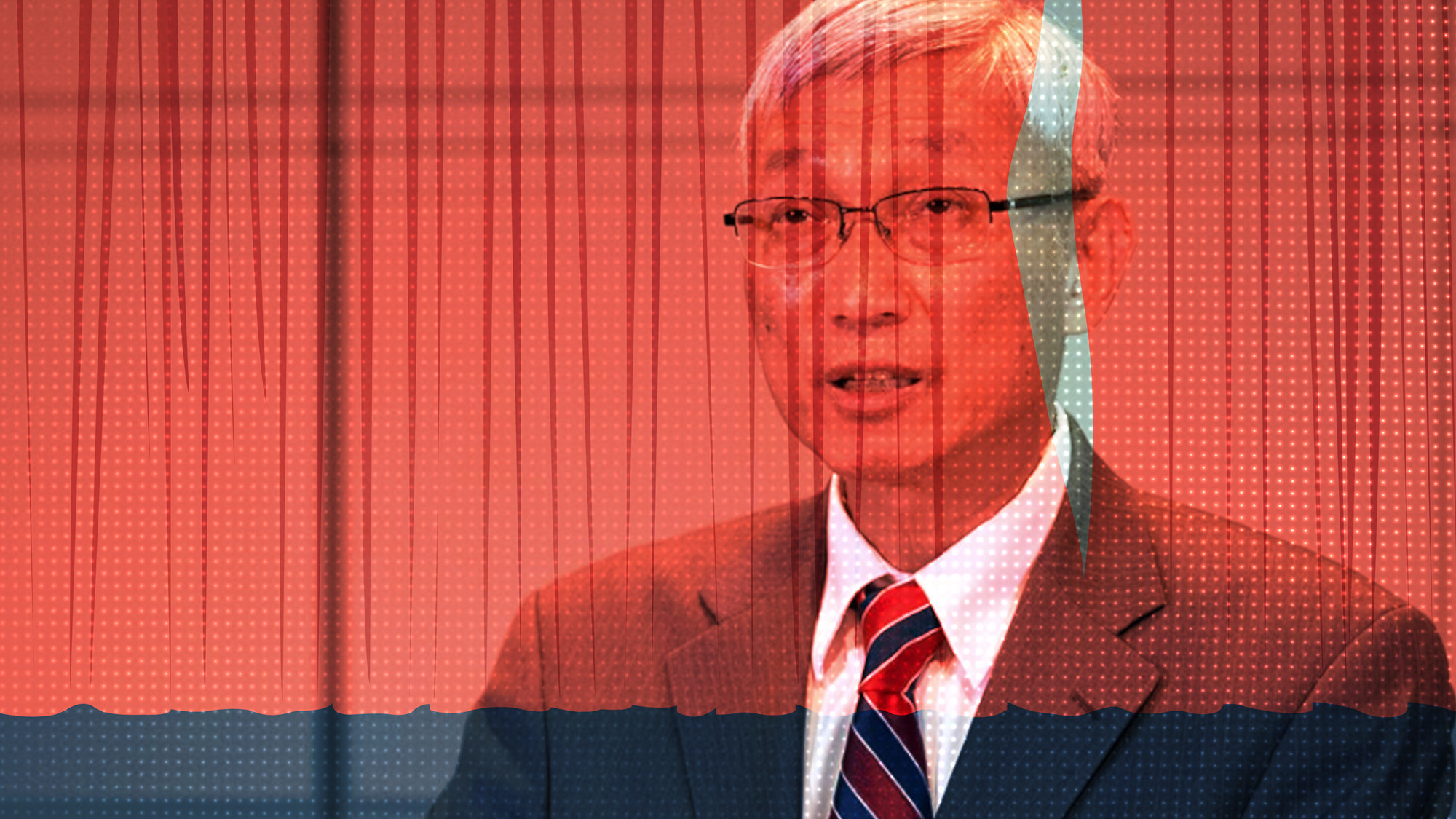“China’s strategy involves decentralizing tasks horizontally across various security agencies, and vertically by incorporating civilian involvement,” says Minxin Pei, a Chinese-American political scientist and author, currently serving as a professor of government at Claremont McKenna College, and an expert on Chinese governance, US-East Asia relations, mass surveillance in China, and the democratization of developing nations.
“These civilians, while formally part of the security apparatus, take on key surveillance functions. This creates a unique system where surveillance is distributed and multifaceted, allowing the government to maintain control without the vulnerabilities that come with a single, centralized authority.”
[…]
“Official Chinese media don’t play a significant role. Their primary function is to disseminate government-sanctioned messaging. I think that social media is the main target for surveillance because the government has a very sophisticated and effective way of monitoring what’s happening on social media. If a particular topic starts trending, they swiftly intervene to suppress it.”
[…]
"This system [of China’s control of people] was developed in the aftermath of Tiananmen Square. This taught the Chinese Communist Party a very important lesson: they needed to be aware of what was happening in society. Like other dictatorships, the Chinese Communist Party is very fearful of dissenting voices, especially activists, because they need to deter the population from engaging in protests, in anti-regime activities. Most of the time, these activities can be led by a small number of activists. Because they set an example, they show the rest of the population that they are not afraid. To make sure this does not happen, the government relies heavily on surveillance. If somebody dares to challenge the Party’s authority openly, that person will be discovered and punished.
[…]
“By introducing something like a cyber ID, the Party hopes to enhance self-censorship, as people will be afraid to express their dissatisfaction online. However, this approach might backfire. If individuals feel they can’t voice their frustrations online without repercussions, they may resort to more destructive means of expression. That’s why I believe this strategy may not be beneficial. Over time, this will also depend largely on the economy, as the Chinese security apparatus is primarily funded by local governments.”
[…]
"If the economy breaks down, it will be the first sign of trouble. You’ll likely see a degradation of the security system and a rise in public discontent. Another concern is the potential for corruption within the system itself. Those in charge of security wield significant power and have access to resources. Instead of using funds for informants or upgrading the system, they might enrich themselves."
[…]


